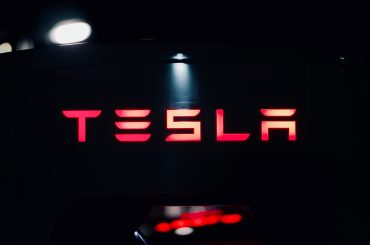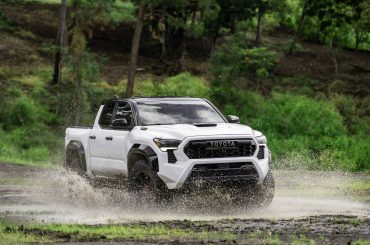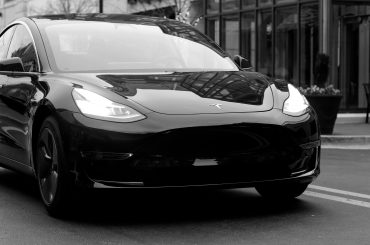The conundrum of renting vs. buying electric cars
We’re glad you stopped by our site, even if you’re not looking for a new electric car. Maybe you were drawn to the plaid Tesla Model X or the new Ford F-150 Lightning. Maybe it’s because the lease options and prices of Fisker’s two new electric cars are so tempting.
By now, you’ve probably had a model or two in mind, and maybe you’ve even narrowed down your dream EV down to the engine and interior trim color. At some point between now and when you really make the purchase and get your electric car, you’ll probably start to wonder whether you should actually buy it or lease it.

Let’s just say up front that the solution is a matter of opinion before we continue. It’s not possible to find a single, foolproof answer. Leasing offers many advantages, but buying an electric vehicle has numerous advantages of its own.
The purpose of this article is to compare and contrast the pros and cons of purchasing vs leasing so that you can make an informed decision as you plan for the purchase of your bright new electric car. The electric vehicle leasing program should serve as our first example.
You should think about getting a car lease
In the past, it made sense to lease because traditional cars with internal combustion engines lost value quickly as soon as you drove them off the lot. While this isn’t the case with EVs, there are still advantages to leasing.

Leasing is less of a long-term commitment than purchasing, particularly if you don’t have the money upfront to put toward a down payment, and the used car market is rising with the burgeoning electric vehicle industry. In addition, the maximum lease duration is 36 months, so if you become tired of your car and want to trade it in for something newer, you may do so; however, you will need to be far into your lease before you can do so.
If you really like your leased car and don’t want to return it at the end of your contract, you may normally purchase it. If you’re driving a Tesla, though, this may not be the case. As a result, it’s possible that you may spend three years paying automobile payments without ever owning the vehicle.
Buying out your lease at the end of the term may be more expensive than making monthly purchase payments upfront. In all sincerity, it’s all a matter of perspective.

Pros
Make less of an initial investment, or possibly none at all, depending on the dealer.
Compared to purchasing, the monthly cost is lower.
Leases may be modified to include extras like free vehicle washes and periodic maintenance.
At the conclusion of your lease period, you have the option to purchase out of your contract, return your vehicle, or exchange it for a newer model.
Cons
After signing, it might be costly to terminate a lease early.
In many cases, you’ll have to pay the whole amount of the lease’s remaining term in order to move out.
Benefits from federal and state EV tax credits are seldom realized.
Since the leasing company is the legal owner of the EV, any credits you could negotiate into the lease in exchange for a lower monthly payment would belong to them.

Some nations and states may not have access to leases from all automakers.
Low maximum annual/36-month total mileage (often 15,000/40,000).
Instead of signing a lease, think about owning an electric car.
Electric vehicles are engineered to retain greater value over time, unlike the used combustion car bubble that will ultimately break. Since electric cars’ components are mostly computational rather than mechanical, they can be reliably updated using OTA software.
When compared to gas cars, electric cars depreciate less (or at least more slowly), which may convince people to buy instead of lease. Existing and prospective buyers alike continue to show strong interest in electric vehicles. Even though building up equity in a car may seem counterintuitive when compared to renting, purchasing an electric vehicle may be the better financial decision in the long run. Unfortunately, you’ll have to pay for it—rather literally. To buy an electric car, you usually have to spend a lot of money at first. Still, if you can afford it, paying a larger amount up front will save you money in the long run. Another major benefit is that your payments go directly toward buying the whole thing outright.






